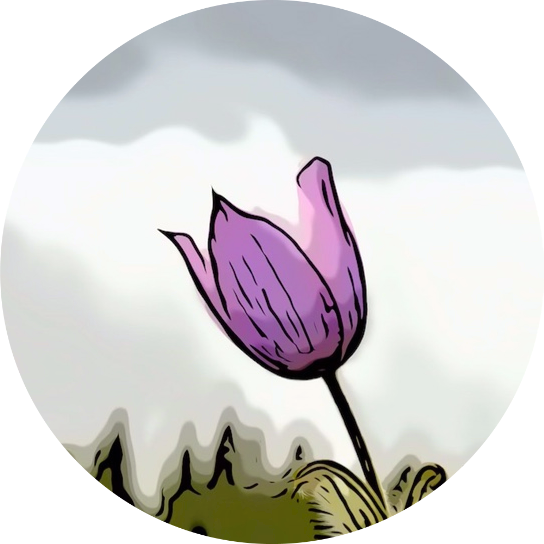Marci Hogg
B.Ed., M.A, Certified Professional Counsellor, PACCP,
Grief Recovery Specialist
Grief is my specialty; it’s all I do. Why? Because many of the problems in living we face are rooted in unresolved grief and incomplete relationships. Loss is normal, common to all, and to be expected, yet many are ill-equipped to manage the uncomfortable feelings of grief that come from loss.
Sometimes we need help connecting the dots in our own lives to understand how loss has impacted us, since healing often happens in the context of caring community. My Christian faith informs my practice, but I am committed to helping people of all faiths and backgrounds.
I believe that people are uniquely designed with purpose, capable of greatness, and wired for meaningful relationship. But in loving others, we also open ourselves up to the vulnerability and heartbreak that come with loss and broken relationships. The resulting suffering is often immense, but we are also resilient and strong, capable of finding healing.
My Story
Grief, it seems, had always been with me. I grew up highly attuned to the needs of my family due to my dad’s chronic illness which I observed, often felt in my own body, and tried to manage. All energies, it seemed, were devoted to my father’s care and protection - a role I chose for myself - and so I learned early on to be strong for others and never get too close.
By the time I was ready to launch as a young woman, I was shattered by the sudden death of my boyfriend in a violent car accident. Heartbroken and detached from myself, I felt utterly lost. But no one had the time or resources to truly help me mourn, so I learned to grieve alone, and I desperately sought to replace the loss. After all, as I’d been told, there were “other fish in the sea” and I was young. Don’t feel bad, they told me.
I moved to Calgary, started my career, found and married my soulmate, and optimistically believed that the dark days were behind me. But that’s when my husband and I had to deal with job loss, financial uncertainty, chronic health challenges, and secondary infertility. I poured myself into my teaching career as an escape.
I remained stoic about my losses, since few people talked about miscarriages then, and I kept trying to get pregnant. People were dismissive, so I swallowed my tears, and bucked up again.
Attempting to replace the losses with another degree, pets, my students, projects, church activities, and tending to the needs of others, I constantly kept busy while I waited for time to heal my emotional wounds. But time didn’t help.
My father died while I was in my thirties, before I’d even had a chance to develop the friendship with him that adult children often do. Another relationship left incomplete.
I buried my grief and carried on like I’d always done, finding some comfort in my spiritual disciplines. But then my mother’s slow health deterioration and eventual death highlighted my dysfunction and our poor relationship. I was full of regret, guilt, anger, misunderstanding, and plagued with questions about what could have been. But despite the conflicting emotions, I remained strong for others.
Finally, when I found myself utterly melting down after my beloved dog’s death just months after my mother’s, I realized that my accumulated losses required help beyond what my graduate training in counselling had provided, and I turned to the Grief Recovery Institute for help. I opened up the past, did the heavy, painful work, cried the tears, and found was that the burden lifted through the process. I expressed the apologies I wished I had said earlier, and cultivated forgiveness after taking an honest inventory of my relationships.
Upon completion of the program, I felt free of the sorrow, the guilt, the heavines, the anger and confusion, the shaming messages, the coping strategies, and the isolation that had me bound.
I learned to say goodbye to the things I wished had been better… different… more. I let go of my unfulfilled hopes, dreams, and expectations and found completion and wholeness in my relationships. This has resulted in an even stronger marriage, a deepened faith in God, preparation for inevitable future losses, hope, and a new sense of self.



